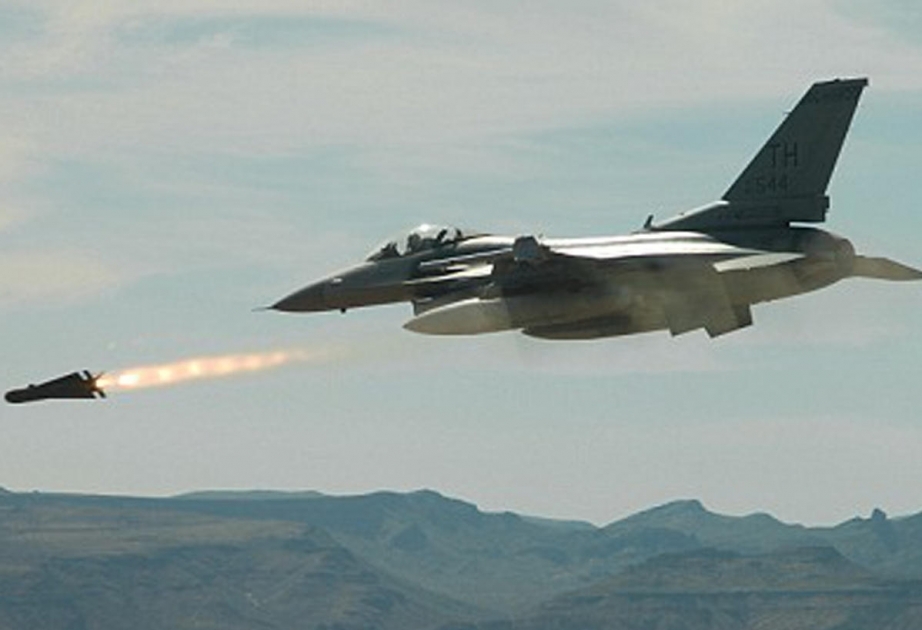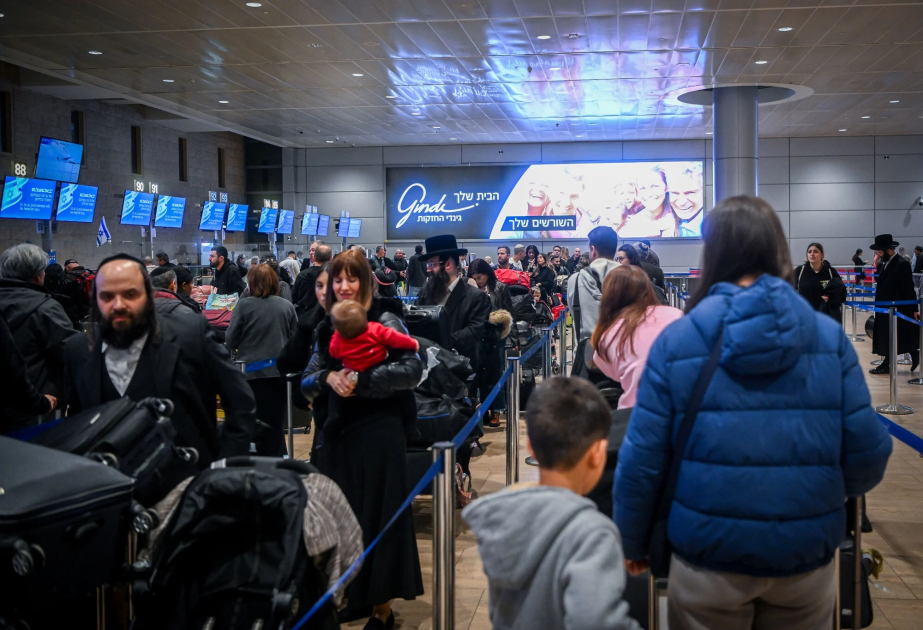The US and UK have conducted strikes on Houthi targets in Yemen from air and surface platforms, including fighter jets, with the support of several other countries. At least 30 targets were struck across at least 10 locations, according to two US officials.
The targets included command and control; an underground weapons storage facility; and other weapons used by the Houthis to target international shipping lanes, one official said.
“Our aim remains to de-escalate tensions and restore stability in the Red Sea but let us reiterate our warning to Houthi leadership: we will not hesitate to continue to defend lives and the free flow of commerce in one of the world’s most critical waterways in the face of continued threats,” the US and UK said in a joint statement with Australia, Bahrain, Canada, Denmark, the Netherlands and New Zealand.
Two US destroyers fired Tomahawk missiles as part of the strikes on Houthi targets in Yemen, a US official told CNN. The USS Gravely and USS Carney, both of which are Arleigh Burke-class guided missile destroyers, fired the land-attack cruise missiles during the operation.
F/A-18 fighter jets from the USS Dwight D. Eisenhower aircraft carrier also took part in the strikes, officials said.
Earlier Saturday, the US struck six Houthi anti-ship cruise missiles before they were launched toward the Red Sea, US Central Command said.
The strikes on consecutive days come as the Biden administration has adopted a “multi-tiered” response to a drone attack that killed three US service members and wounded scores more last weekend.
Seeking to avoid a regional war with Tehran, the US has not targeted Iran directly, instead going after some of its most powerful proxies in the region. It is an indirect way of trying to send a message to Iran’s leadership, which has grown increasingly nervous about the actions of some of the militant organizations it backs, CNN has reported. Iran funds, arms and supplies these groups to different degrees, but its leadership does not control them directly.
The strikes in Yemen are distinct from the attacks in Iraq and Syria: The former is a response to ongoing Houthi attacks on international shipping lanes and US warships in the Red Sea, while the latter is a retaliation for a deadly attack on US troops. But both target Iranian-backed groups in the Middle East.
US Defense Secretary Lloyd Austin said the most recent strikes “are intended to further disrupt and degrade the capabilities” of the Houthi militia.
“This collective action sends a clear message to the Houthis that they will continue to bear further consequences if they do not end their illegal attacks on international shipping and naval vessels,” Austin said in a statement Saturday. “We will not hesitate to defend lives and the free flow of commerce in one of the world’s most critical waterways.”




















